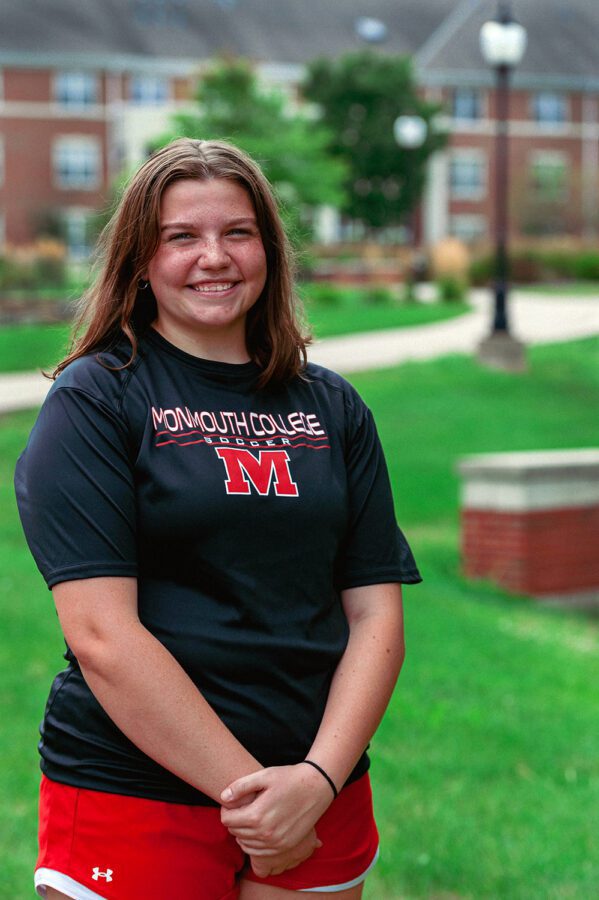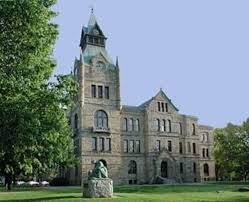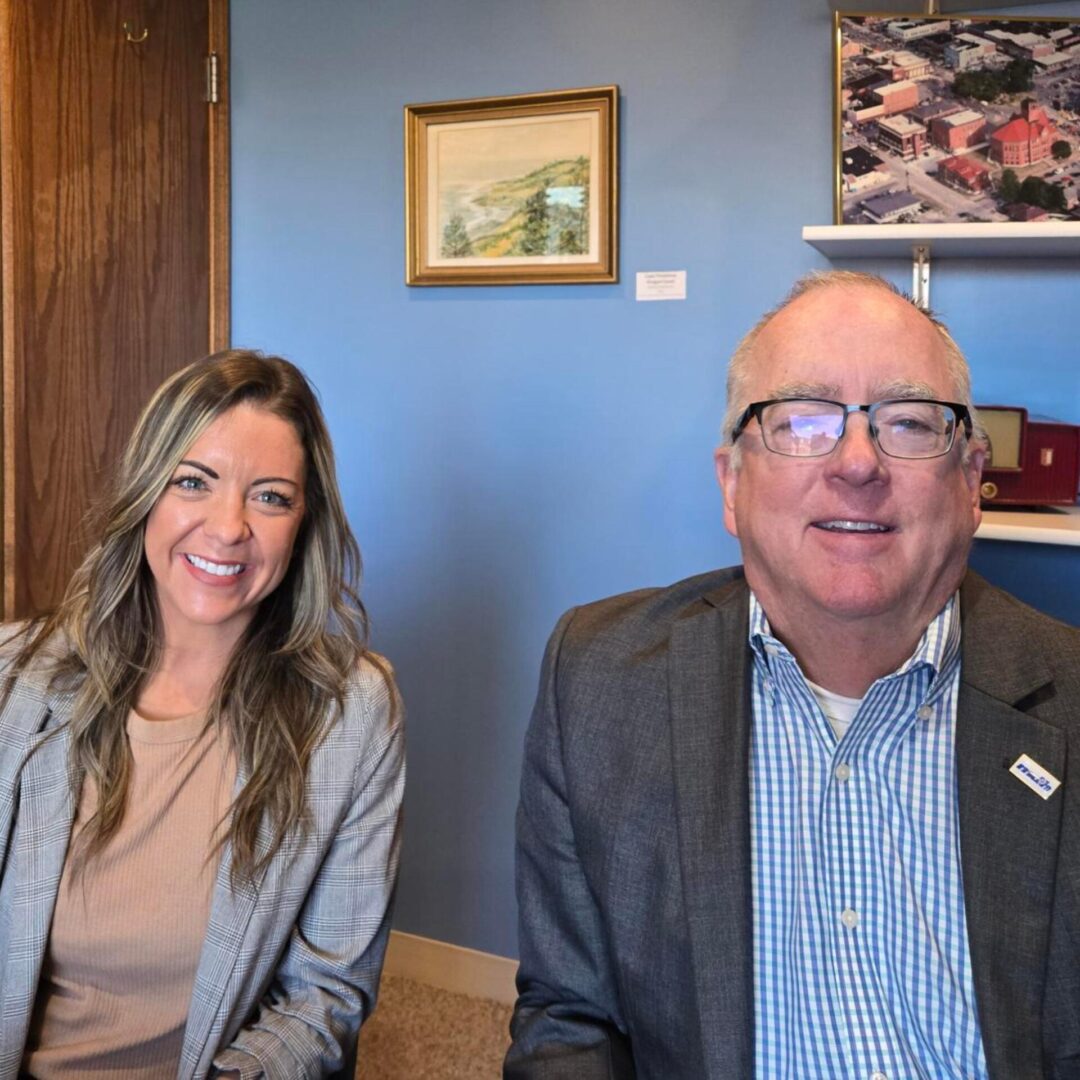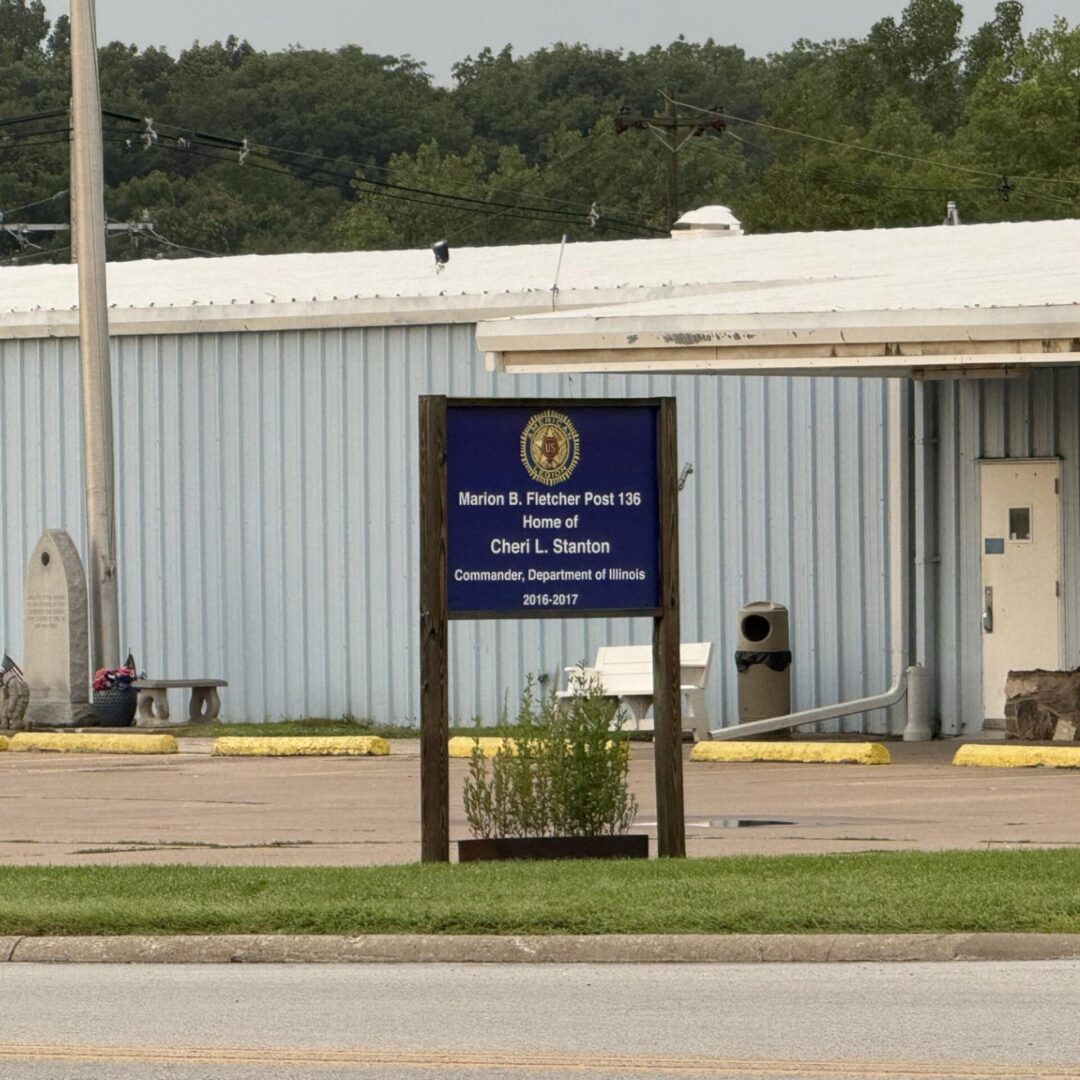For the fourth year in a row, Monmouth College has been named to the Phi Theta Kappa Transfer Honor Roll. The list recognizes excellence in the development and support of dynamic and innovative pathways for community college transfer students.
“PTK specifically focuses on transfer students from two-year to four-year schools, but we work just as hard for students transferring from other four-year institutions to ensure as seamless a transition as possible for everyone,” said Monmouth Director of Admission Brock McNinch. “My hope is that the effort we put in to help students through the admission process sets them up for immediate success when they arrive on campus. I believe we see that success through their academic, athletic, artistic and personal achievements each year.”

This year, Phi Theta Kappa recognized 228 colleges and universities as being among the nation’s most transfer-friendly. A school’s Transfer Profile in PTK Connect helped determine the honor. The profile includes information about admission and recruitment practices, cost of attendance, campus life and student reviews.
Monmouth’s success stories include scores of alumni who started their college experience elsewhere before becoming Fighting Scots. Examples include artist (and presidential portrait painter) Dusty Scott ’03, who previously attended nearby Carl Sandburg College, Tulsa-based coffee entrepreneur Brian Franklin ’95 and award-winning medical school graduate Stephanie Saey ’18.
Current transfer students
Like Scott and Saey, Madelynn Higbee started her college career at Sandburg, but she still enjoyed exposure to Monmouth through the Fighting Scots Marching Band. Now, she’s a full-time student on campus.
After earning an associate’s degree in communication from Illinois Central College, Evan Privett of Morton, Illinois, changed direction and needed to find a school where he could study computer science.
“I didn’t have a lot of experience in that field, but Monmouth really worked with me to get me here,” said Privett. “They really cared about making sure I did what I needed to do, including the Student Checklist, which was very helpful in the process.”

The importance of a visit
“We offer customizable individual visits on weekdays where students will see campus, meet with admission staff, and can choose to speak with professors and/or coaches and even observe a class,” said McNinch. “We also host group visits and open houses on many weekends during the academic year.”
Psychology major Emily Leshin of Elgin, Illinois, who transferred from Concordia University in Chicago, said her campus visit played a key role in her decision.
“By the time I visited Monmouth in person, I had done many other college visits,” she said. “But Monmouth stood out to me almost immediately. The faculty who welcomed me were kind and funny. They were very personable. It felt as though they cared about me as a student and weren’t just going through the motions.”
Leshin said she also clicked with her tour guides and with the women’s soccer team, even going over her allotted time at lunch with her future Fighting Scots teammates.
“They all went out of their way to make me feel included,” she said. “Our conversations felt easy and fun. I could tell based on how they talked to each other that they were a very close and committed team. Also, it was important to me how the coach spoke about his team and talked to me, as that was a big problem I noticed when I visited schools. But I felt almost immediately over email that he cared about me as an athlete and as a person.”
As her visit came to a close, it was pretty obvious that Monmouth had made a favorable impression.
“I felt very seen during my visit, something I had spent months looking for,” said Leshin. “Before we even left, I was so giddy that my boyfriend took one look at my face and told me he knew this was the school I’d pick.”
Support and opportunities
Transfer student Samantha Zigmant of Joliet, Illinois, is even paying it forward, working with prospective students in her role as a Scot Ambassador. Her message is simple.
“Sure, Monmouth is small, but it’s a tight-knit community with tremendous support from faculty, and you will easily find your place,” she said.
The Joliet Junior College transfer is majoring in theatre education.
“As a transfer student, I was thrilled to find a department that was so welcoming,” she said. “I was able to hit the ground running my first semester, stage managing one mainstage production and taking the lead as a designer on the next. Since then, I’ve filled almost every production role there is. Whether on stage or off, there are non-stop opportunities here, and I am positive I wouldn’t be the person I am today without the knowledge and experiences that Monmouth and Joliet offered me.”
Some things Monmouth does to support that seamless transition include accepting up to a total of 80 credit hours from previous institutions, providing unofficial transcript evaluations upon request, and utilizing Transferology so students can check how their courses will transfer to Monmouth before applying. Incoming transfer students can register for classes at the same time as returning students, and they are also able to be housed according to their class year in premium housing upon availability.
The college also awards admitted transfer students Dean’s Scholarships up to $29,000 per year and offers the Phi Theta Kappa scholarship up to $2,000 per year. Monmouth’s Wallace Founders Scholarship is a selective transfer scholarship available for students with a 3.0 college GPA or higher.
More information is available at engage.monmouthcollege.edu/portal/visit.
***Courtesy of Barry McNamara, Monmouth College***














